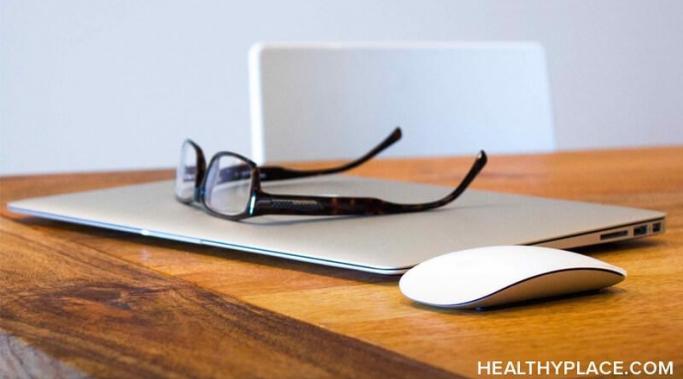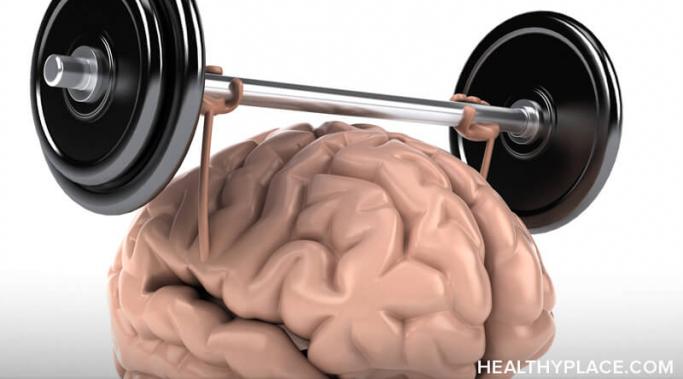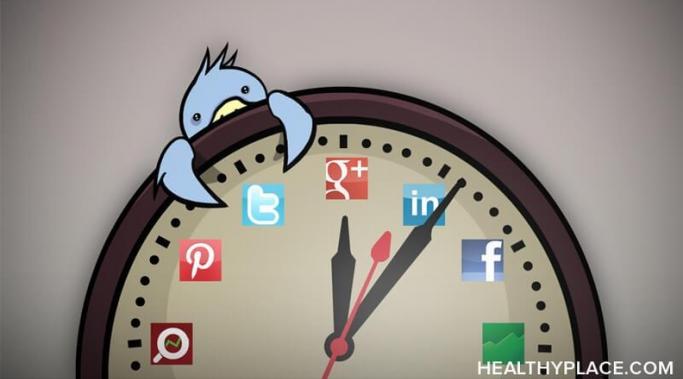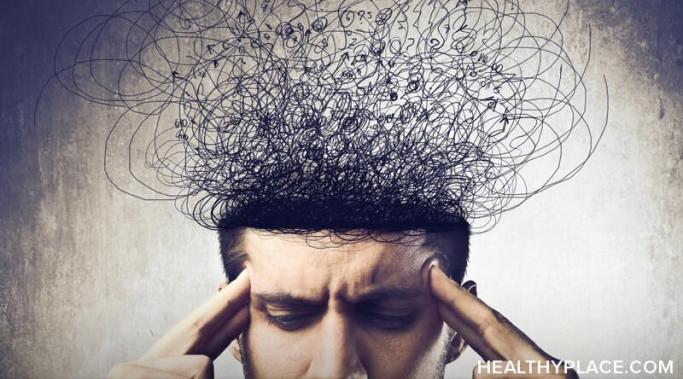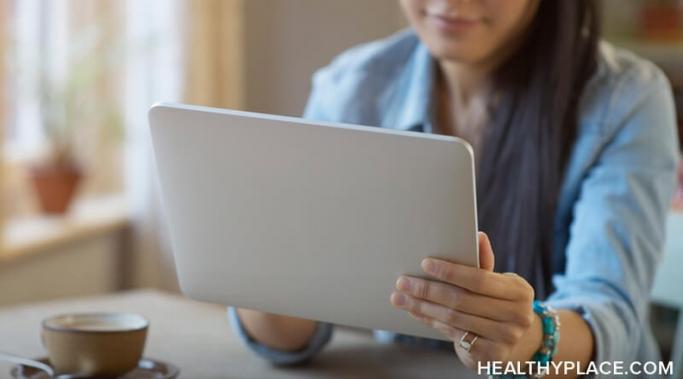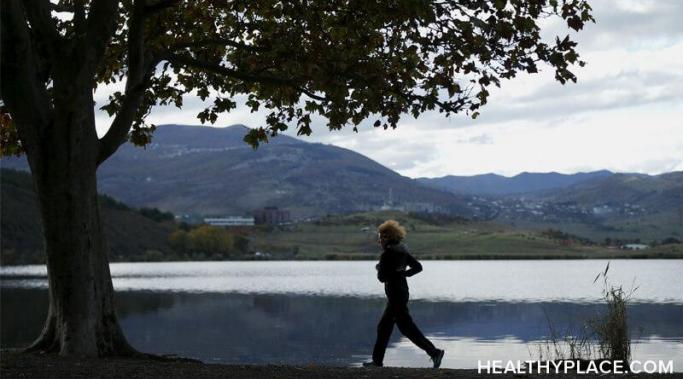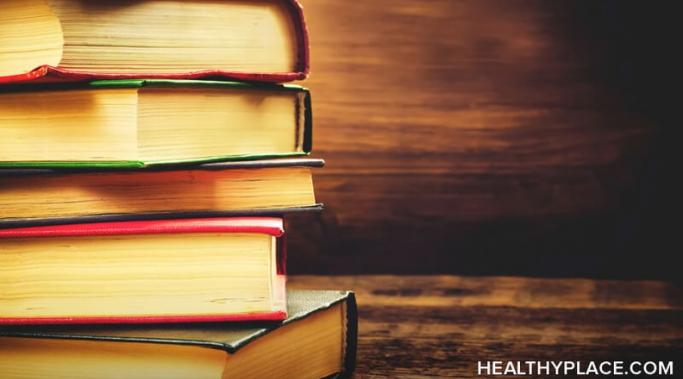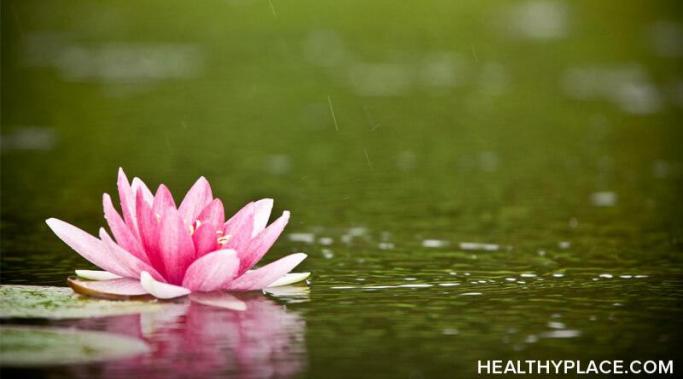The purpose of this post is not to promote or denounce anxiety medication or cannabidiol (CBD), as taking medication and supplements is a personal decision to be made with medical advice. Instead, it's to inform you of a potentially dangerous interaction that not even all medical professionals are fully aware of: CBD is not safe to ingest if you take a medication that carries a grapefruit warning.
Anxiety-Schmanxiety
When I get stressed out, I clean and organize my stuff. Sometimes I take most of the day to organize all the junk in my room, and very few things help me feel better.
Anxiety-related brain fog help is available. That's important because brain fog is a frustrating occurrence that can disrupt daily functioning and impact how we feel about the quality of our lives. An experience rather than a medical or mental health diagnosis, the brain fog that can accompany anxiety can make us feel disorganized and forgetful, frustrated that we can't seem to make a simple decision--and then even more anxious because of it. That this mental fogginess can be an effect of anxiety rather than an actual mental illness is positive news. This isn't something inherently wrong with the brain, which means that we can directly address it. In the spirit of blowing away the fog and clearing our mind, here are 12 practical tips for helping anxiety-related brain fog.
Changes in technology and social norms create anxiety for people like me who avoid social media as much as possible. In previous posts on this blog, I’ve discussed my aversions to social media and how it almost certainly exacerbates anxiety. I’ve discussed ways to structure my life in order to better live with those aversions.
Anxiety-related brain fog is an annoying effect of anxiety that can be exhausting, frustrating, and downright discouraging. With anxiety, brain fog is mental exhaustion that spreads through our whole being and seeps in between anxious thoughts, seeming to blunt all thoughts but those pesky, anxious ones. It can be difficult to work our way out of brain fog because it turns thinking and problem-solving into a gargantuan task. Even when motivated to clear it, it's hard to know where to start. Read on for more on anxiety-induced brain fog and how to emerge from it.
Anxiety advice is fairly easy to find. One of the advantages of our modern era is the plethora of information available to us wherever we are and whenever we want it. Self-help books abound, and in them, you can find incredibly useful techniques for managing anxiety. Websites like HealthyPlace are wonderful resources. Videos are great resources for anxiety tips, and social media platforms offer pages, groups, and posts from individuals working their way through anxiety and eager to share success stories to help others. This is very positive, of course, but it can also be daunting, overwhelming, and exhausting. It can be helpful to know how to manage all this information once you have it so you can actively begin reducing your anxiety.
One of my many hobbies, aside from reading and listening to music, is playing video games, and playing them helps my anxiety. I’ve been a video game fan for almost as long as I can remember when I tried playing Sonic 2 on the then cutting-edge Sega Genesis. Even today, if I’m not feeling well, I’ll put on a favorite game and spend the day immersed in its world.
It can be difficult to release anxiety and reduce anxiety symptoms because anxiety is a total-body experience. It has a way of working its way deep into our body and slinking around our mind. Anxiety can be a painful experience, with a host of physical symptoms, negative thoughts, and unsettling emotions. It can make us feel both tired and wired, drained and agitated at the same time, as though we might jump right out of our own skin but collapse with exhaustion while we're doing it. I've discovered that a key part of managing anxiety and replacing it with a pervasive sense of calm contentment is to exercise in a variety of ways. Keep reading to learn about moving your body to release anxiety and reduce anxiety symptoms.
I have a lot of books in my collection – several hundred at last count. Book collecting is one of my favorite pastimes – in my free time, I love to browse around the many used bookstores near me.
I've learned anxiety lessons this year, and you probably have too because, for so many people worldwide, 2020 has been a year marked by anxiety. Some people found their existing anxiety skyrocketed, while others experienced it significantly for the first time. External stressors have been extreme this year as we've collectively wrestled with fears and worries about our health, the health of loved ones, safety, economic security, access to things and services we need, political and social uncertainties, and more. While this year definitely involved struggle, it also brought opportunities to build strength and growth. Here, I share with you seven anxiety lessons I learned from 2020.

